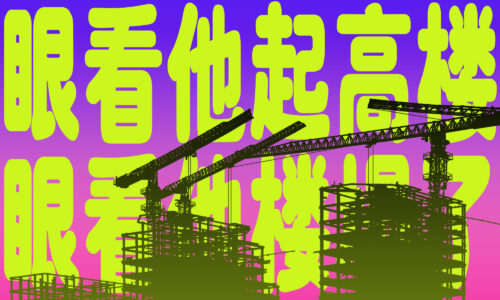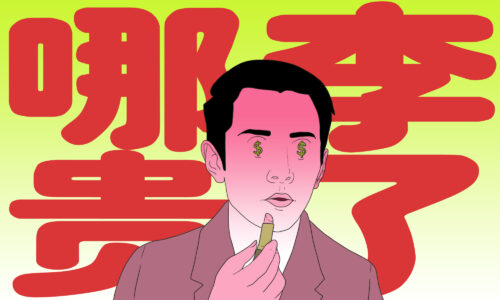‘Too much to eat and not enough to do’ — phrase of the week
Eating too much food is a metaphor for being lazy in Chinese. It's how one NPC delegate attending last week's Two Sessions was criticized on social media.

Our phrase of the week is Too much to eat and not enough to do (吃饱了撑的 chī bǎo le chēng de).
Context
China’s Two Sessions (两会 liǎnghuì) drew to a close last week. Beyond the headlines of economic growth targets and stability, some proposals made by NPC delegates on the fringes were hotly debated on social media.
One proposal made by Lǐ Jūn 李君, a delegate from Sichuan, put him at the top of the search rankings on Weibo. He wants to stop celebrity endorsements of video games in China (in Chinese).
The reaction on social media to his proposal was mixed, with some netizens agreeing with him, while others strongly disagreed. One of the top comments against the proposal was:
管游戏干嘛吃饱了撑的
Meddling with gaming, does he have too much time on his hands?
Translation
Having too much time on his hands, or more accurately, Too much to eat and not enough to do, is a colloquial phrase from the Jiangsu dialect.
It originates from a story of early 20th-century Chinese leader Sun Yat-sen (孙中山 Sūn Zhōngshān), who was touring southern China sometime after the Xinhai Revolution in 1912. Sun had nominated Yuán Shìkǎi 袁世凯 as president while he stepped away from politics to focus on building China’s railways and modernizing the country.
In one remote village, Sun and his team came to a river where the only way to cross was with the help of a local villager who punted on a small boat from one side to the other.
While crossing the river, Sun struck up a conversation with the man. “How long have you been punting?” he asked.
The man, who misunderstood the question, answered:
吃饱了撑的!
I’ve been punting since I ate breakfast!
Because the word for “punting,” cheng chuan (撑船 chēng chuán), is the same as the word for “very full,” cheng (撑 chēng), in Chinese, this phrase has taken on a completely different meaning as it has passed down from generation to generation.
It’s become a common criticism that means someone has “eaten too much and nothing to do.” And in the context of Li Jun’s proposal at last week’s Two Sessions, it means “He should focus his time on more important things.”
In 2009, Xí Jìnpíng 习近平, then vice president, used a similar phrase (吃饱了没事干 chī bǎole méishì gàn) in a meeting with overseas Chinese during a visit to Mexico:
有些吃饱了没事干的外国人,对我们的事情指手画脚。中国一不输出革命,二不输出饥饿和贫困,三不去折腾你们,还有什么好说的。
Some foreigners have eaten too much and have nothing better to do than point their fingers at our affairs.
China does not, first, export revolution; second, export poverty and hunger; or third, cause unnecessary trouble for you. What else is there to say?
If you enjoyed this, check out Andrew Methven’s Slow Chinese 每周漫闻 newsletter, a resource to help you master modern Mandarin, and understand how people speak Chinese today.






